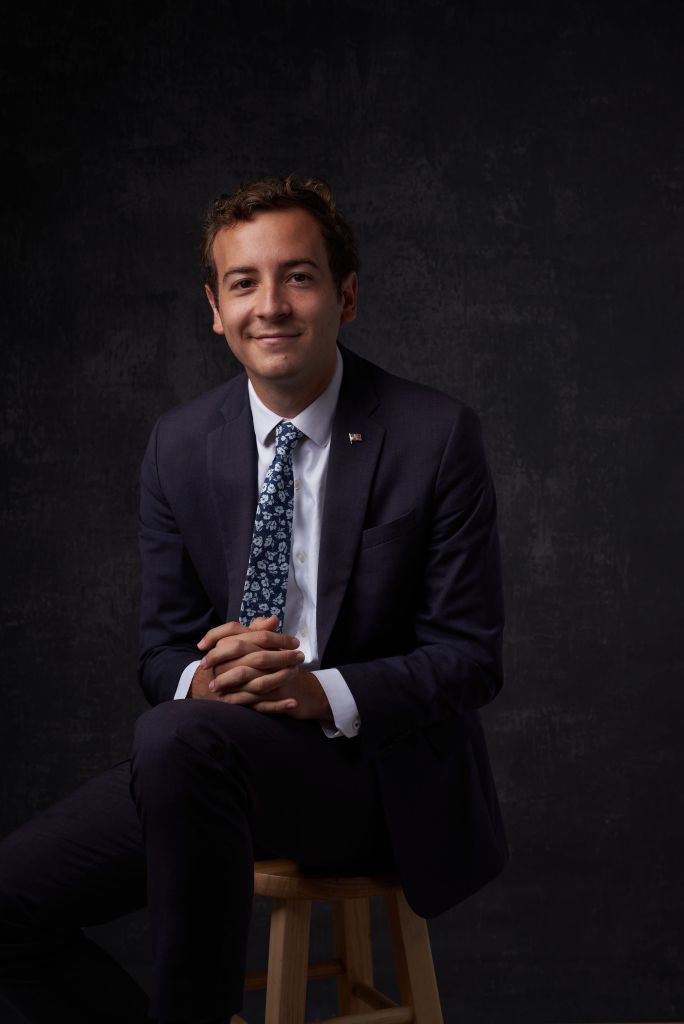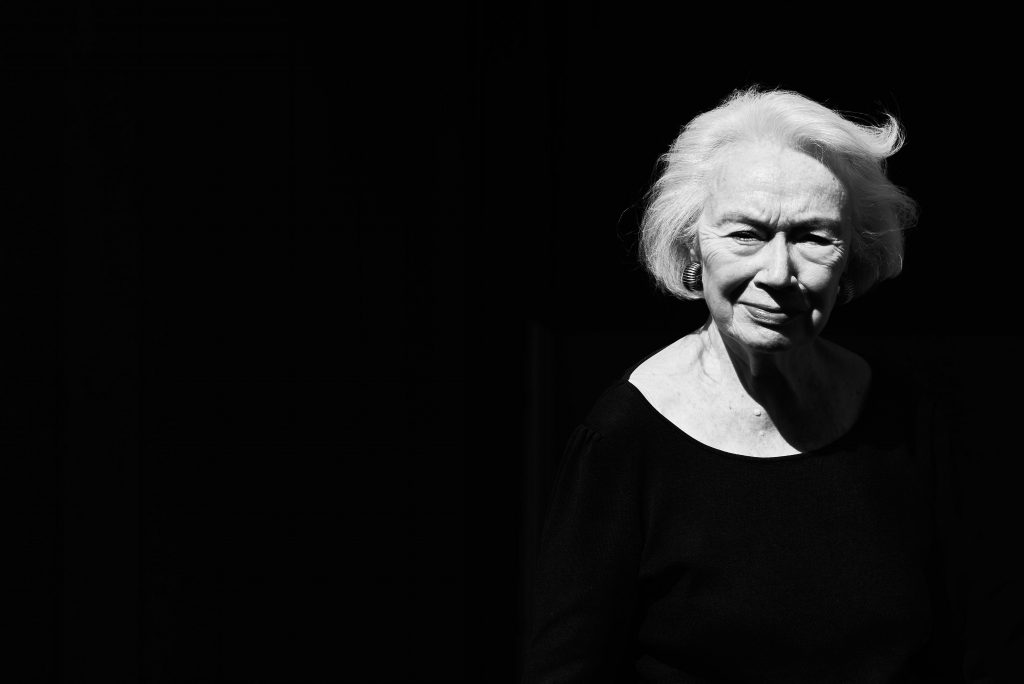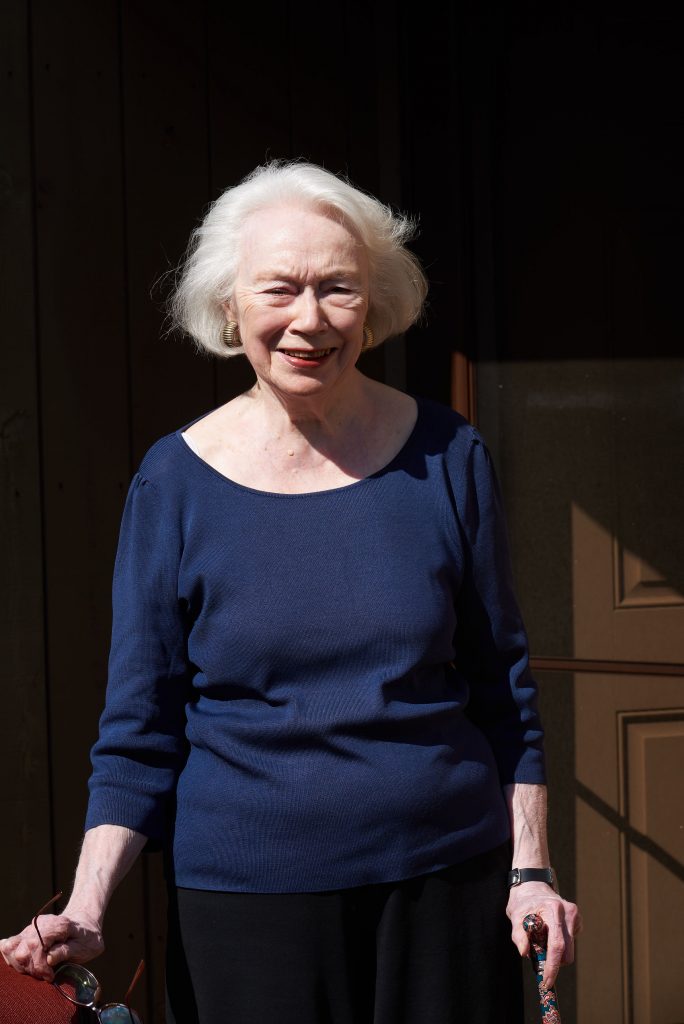Monique Hodges is the current President of the Westport Young Woman’s League which she joined in 2016. A Wethersfield native who works as a Dermatological Sales Representative, Hodges moved to Westport last Fall from Norwalk where she lived after graduating from the University of Connecticut, Storrs in 2009. She credits her experiences as a member of the WYWL with her love for Westport and choice to make the town home.

I have been a member of WYWL since 2016, serving on the Board of Directors as PR Co-Chair and Vice President. The WYWL is a Member funded nonprofit organization which has been a pillar in Westport since 1956 and I am the first African American person to be President of the league—that’s very exciting to me but I hope more that it’s motivating to other persons of color. Westport is an amazing community for many different reasons but there is a lot of room to grow in terms of diversity. Being a part of a community that is open to inclusion is the first step. Westport residents understand that inclusion isn’t a pie with limited pieces. Opportunity should be looked at as unlimited. Having persons of color in leadership roles matters and representation matters.
The WYWL has been greatly impacted by COVID-19. Neither of our 2020 Flagship fundraisers provided us with funds for our grants program. The Minute Man Race was canceled and CraftWestport was virtual to promote the artists; some who have participated in the show for decades. Historically, these have been the only sources of funds we pull from for our WYWL Grant Program.
We see what people (and organizations) are made of in challenging times and this year will prove to be no different. Our Membership has rallied together, supporting each other, and creating new fundraisers throughout the year. We hope these events will uplift and unite our community in these uncertain and stressful times. Visit our website for more information and be sure to follow us on Instagram and Facebook to stay in the know about our events.
COVID-19 has taught us all to be more flexible. It has shown us that in this day in age, transformation is necessary. I believe that nonprofits and cultural institutions should get used to becoming more innovative. Tradition is beautiful and should be honored, but it should go hand-in-hand with transformation—both can exist. As long as the people in charge of nonprofit groups keep the organization’s mission as its guide, there might be minor setbacks but longevity is about constant purpose.
Personally, COVID-19 has greatly impacted my daily life. Working in Dermatology for a pharmaceutical company, I am responsible for supporting four prescription products and a consumer line for over 137 health care providers and their staff throughout CT, MA, and RI. By March, I went from logging over 4,500 miles a month for work in my car to zero. The day-to-day aspect of work became emails, virtual meetings and making sure my providers, who most had to temporarily close, were ok. Now things are more back to normal than not but there’s still a ways to go.
My family, who I’m greatly close with, moved to Zoom only face to face contact. Both of my parents are high risk and worrying about them constantly was the hardest. I quarantined with my partner as he and I didn’t have family close.
Work travel has been limited and sporadic. The impact to closures of Dermatology offices has been varied; some closed completely while others never closed. As the individual mandatory quarantines are lifted in the surrounding states, it takes a lot of pre-planning to rout my week and months across three states.
Because I am a woman of color, gender and race relations is often top of mind for me. I have most definitely reflected on this moment in history with respect to both COVID-19 and racial inequality and injustice. I hope that all races and genders see value in dignifying all human life. I believe that confronting the United States’ tumultuous young history with Black people is key and understanding that history is the foundation of the biases and inequalities we see today.
I hope that all races and genders see value in dignifying all human life.
Both COVID-19 and racial inequality and injustice have really highlighted the challenges we face as a nation. People need jobs, and they need those jobs to be able to pay for their cost of living no matter what economic class they’re in; that includes healthcare and education. I hope to see changes in how much people are paid for their time, and have access to healthcare, and education.
I’d like to thank the WYWL Membership in these difficult times. As a member-funded nonprofit, our members are the gears behind the organization. They are like a second family to me and we lean on each other for more than just our nonprofit duties. We have many levels of Membership: Past Presidents who give me guidance and offer encouragement and invaluable advice to me, Sustainers who have been Members anywhere from 50 to seven years, who have seen the organization grow through many seasons, General Members and New Members who are looking for a new connection. We have a special group and I am very proud to be a part of the Westport Young Woman’s League.





